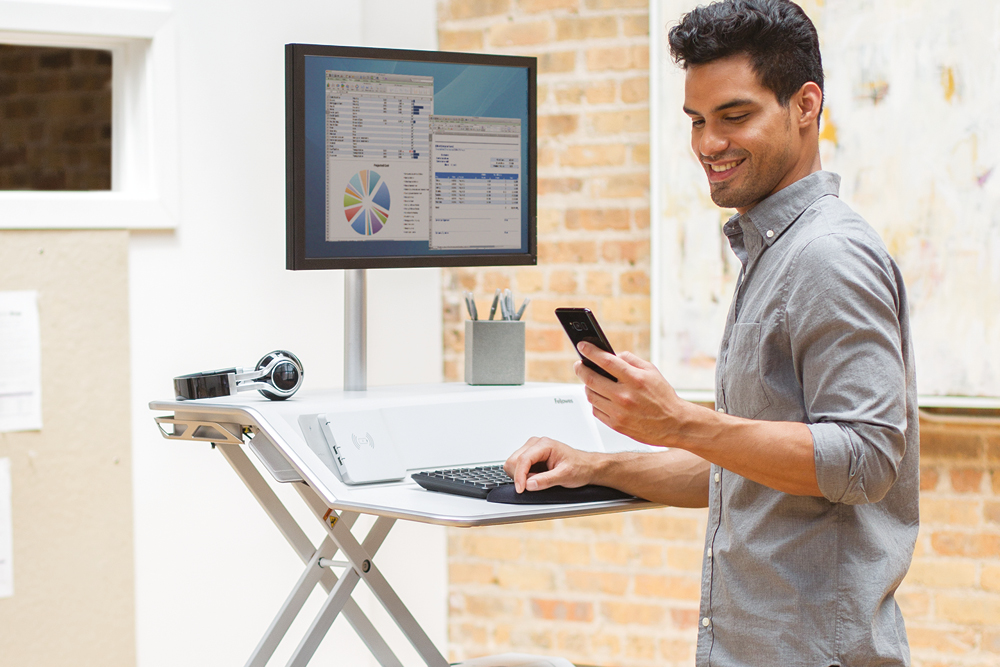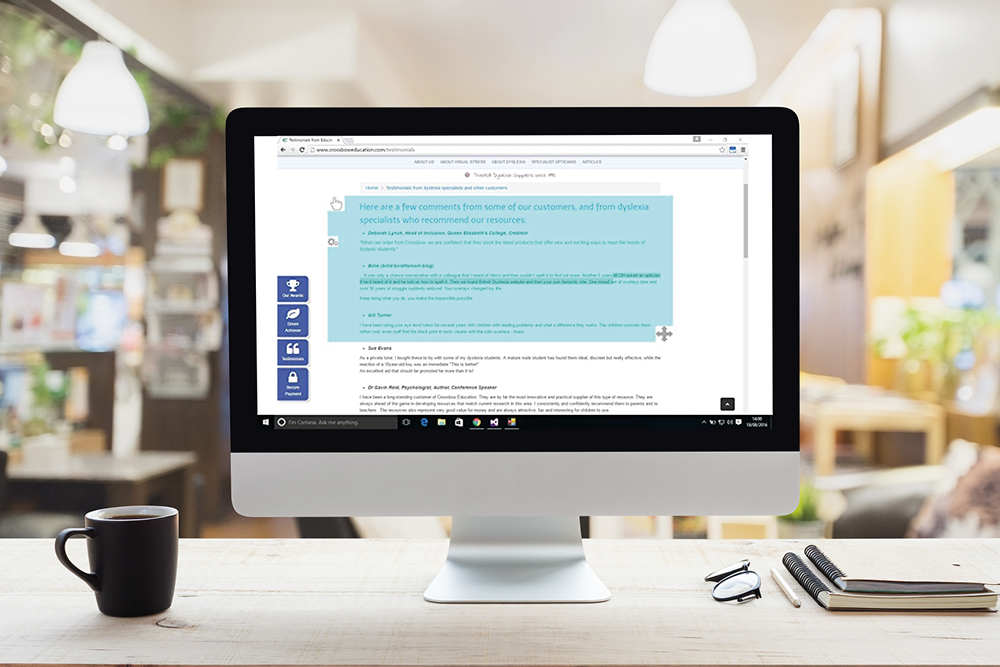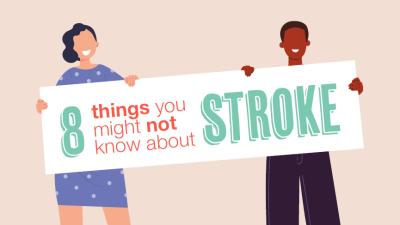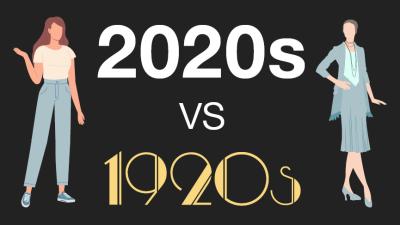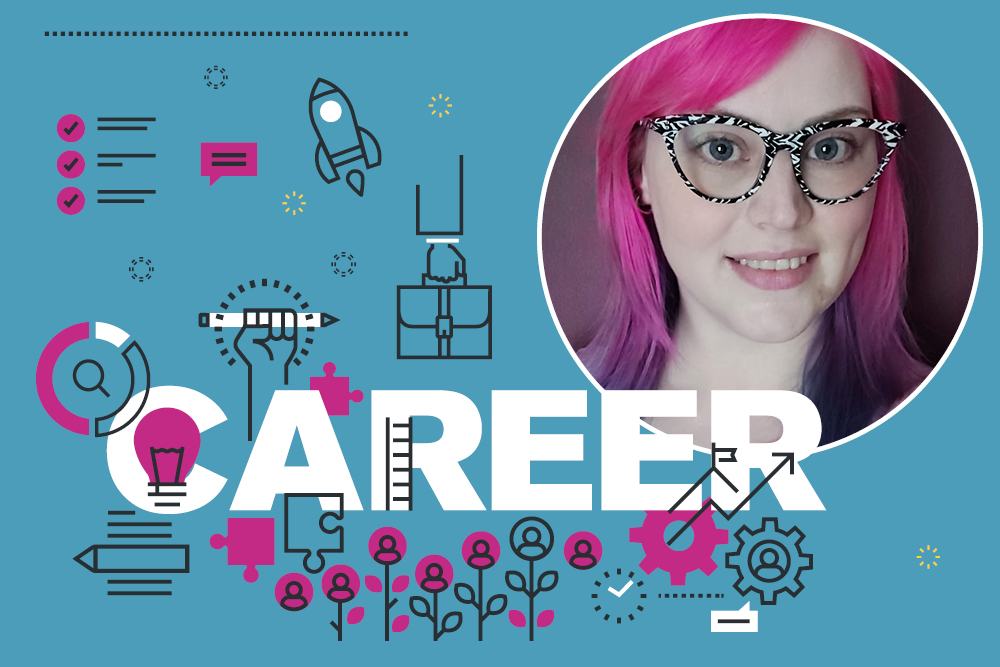
“I didn’t know that I was neurodiverse when I was studying for my degree. I hadn’t struggled at school (other than in maths!) and was labelled a ‘gifted’ pupil. I think this was heavily due to my masking abilities, and always going the extra mile with the need to be perfect! This meant that my undiagnosed ADHD went completely unnoticed. But at university I think I had neurodivergent burnout.”
Vikki, a Senior Ergonomic Product Specialist at Posturite (pictured above), has spoken to me about how her neurodiversity shapes some of the career choices she makes. Her ADHD does impact her at work but she’s discovered ways of working that suit her and bring out her best.
What advice would you give to another neurodivergent person at work, please Vikki?
“Always bear in mind that the world is designed for neurotypical people and if ‘the done thing’ doesn't work for you, that's absolutely fine. Do not be afraid to ask for accommodations or to do things differently! Be very clear with what helps you at work and what doesn’t. I still find it a real struggle to remain organised, not to forget things, and to focus on singular tasks. Luckily, I have had an official ADHD diagnosis and my employer is very supportive.
- All my closest colleagues know that I can't read long email trails and a wall of text - so please summarise it for me and spell out what you need me to assist with.
- When there is a long piece of text I need to read, I always copy and paste it into an email to myself so that I can use the Microsoft Outlook ‘Read Aloud’ feature. I can absorb it better when I listen to it read aloud.
- Like a lot of neurodiverse people, I also prefer to know what a call is about beforehand, so a quick Teams message to say “I will be calling you about XYZ” really helps with any anxiety I have about the call.
- I also have flexible working hours for those days where I just do not have the mental energy for a full working day and that's really key for me. I feel very supported in that regard. I realise it’s not possible for everyone, but do explore any possibilities.
- One of the things I have been told repeatedly is ‘just buy a planner!’ – when I already have a graveyard of 10 planners on a shelf! It just doesn’t work for my neurodivergent brain.
- I have found that variety and movement is so important. I have a sit-stand desk and I will switch between seated and standing throughout the day. I stand for all my meetings so I can fidget with my legs without it being so obvious to help me concentrate. I also have fidget toys on my desk for if I do have to sit down.
- Having a good relationship with those you work with can be so key too – if I am having a day where I have limited executive function to get things done, my colleagues are always more than happy to pick up the slack, knowing that the next day I will have so much more energy and power through 16 hours of work in 8!”
Reasonable adjustments can boost staff productivity and enable neurodiverse people to excel in their jobs.
“It’s brilliant that in my role I help many other people with neurodiversity” says Vikki. “I suggest trying things that have helped me from personal experience, such as a height-adjustable desk, a chair that allows for more movement and you can sit on in a variety of different ways, and even screen-tinting software to make text easier to read as well as more interesting and colourful.”
How has being neurodivergent shaped the direction of your career?
“I have very strong empathy and strive to help as many people as I can. I work as a Senior Ergonomic Product Specialist and Display Screen Equipment Assessor for Posturite, which means I help and advise people on transforming their comfort and productivity at work. The people I talk to often have back, neck and other musculoskeletal pain – and all sorts of more unique challenges – and I love to help.
My ability to multitask allows me to juggle many spinning plates at once in my current role! I advise people on online chats and Teams messages about creating ergonomic workstations and the queries can come in from all sides thick and fast! But I’m good at staying on top of the quick-fire questions.
I am not cut out for working in a shared office – with my ADHD, I find I cannot concentrate if there are people around me and I don’t have control over my environment. I worked a traditional office job for about 6 months and it was just not for me. I then started a role that required me to be on the road visiting clients for 4 days per week and one day working from home, and this was perfect for me. I was always on the go any only in one place for an hour or so, and when it came to my office time, I could work from home with my own music on, comfy clothes, my cat, and copious coffees.”
What do people mean by ‘executive function’ when they talk about ADHD?

Harvard University defines ‘executive function’ as the mental processes that enable us to plan, focus attention, remember, and juggle multiple tasks. Aspects of these can be more challenging if you have ADHD. Vikki feels that accommodations are really important, throughout life and not just at work - and sharing clearly what you need:
“I have limited executive function left at the end of the day for household chores and have recently outsourced this to a cleaner. I feel very privileged to have been able to do this, with a few sacrifices elsewhere to budget for it, because I know it will make such a difference to my overall wellbeing.”
What was it like to have ADHD at school and university?
“I didn’t know I had ADHD until I was in my thirties. At school, with several subjects a day and my classroom location changing, this was enough variety to keep my attention.
However, once I started university where learning is a lot less regimented and a great deal more onus is on the individual to research, I began to find this increasingly difficult. I also found learning the same subject to be very draining for the three years. Organising my own time with regards to learning as well as also looking after myself for the first time and all the chores that come with that was really overwhelming at times. At the time I felt that I was experiencing depression but in reality, looking back I realise that this was neurodivergent burnout. In spite of this I did manage to complete my degree and it’s something I am really proud of.”
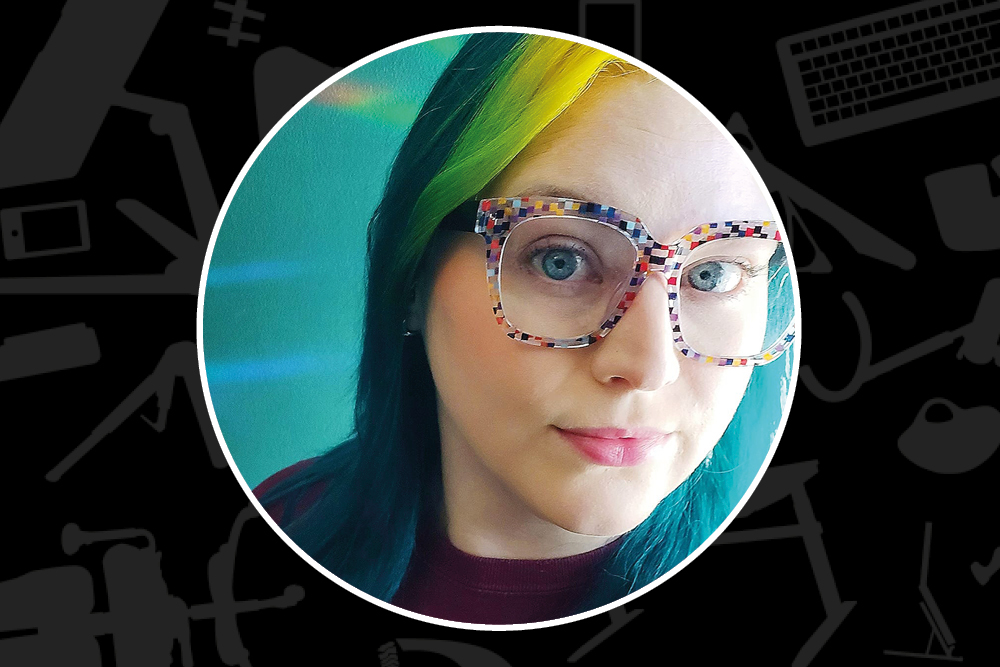
How is your career going now?
“I’ve been promoted to a senior position in my company and worked hard to get my ‘Chartered Institute of Ergonomics and Human Factors’ accreditation. I’m really pleased.
Ergonomics is a good field of work for me to be in as a neurodiverse woman.”
Thank you Vikki for sharing your experiences.
Screening for ADHD and Neurodiverse Workplace Needs Assessments are provided by Posturite as part of their enablement services to support employers and employees.
Book the appointments you need here or contact [email protected] with any queries.
Read next:
- ADHD at work: The good, the difficult, and the huge untapped potential
- Ergonomic products – as recommended by real humans (features Vikki!)
Watch next:





